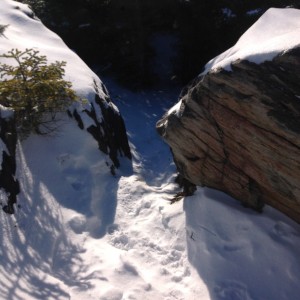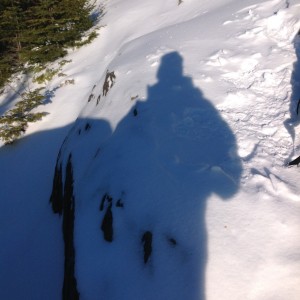…and not till we are completely lost, or turned around…do we appreciate the vastness and strangeness of Nature. Every man has to learn the points of compass again as often as he awakes, whether from sleep or any abstraction. Not till we are lost, in other words, not till we have lost the world, do we begin to find ourselves and, realize where we are and the infinite extent of our relations. Thoreau, Walden
January holds for me days of writing about being lost. First I’ve been immersed in a second essay about a mountain search for a woman lost in a tempest, and now I’m at work on a series of analyses as I write my Accidents column for a mountain journal. Often, happily, the lost are found. Though, on occasion, one, a few, are not.
Whenever I approach this writing, it puts me in mind of Henry Thoreau’s Walden chapter, The Village, with its wonderful passage on being lost in the woods. There is, of course, a wink of irony there, I think, because whenever Henry Thoreau felt lost, he went to the woods – see this most famous written instance: “I went to the woods…” (You can fill in the ellipsis)…where he did not feel lost at all.
Often, as I parse these incidents where people have encountered mountain-trouble, I find head-scratching moments, where anyone sitting in the chair of rational thought would say, Whoa, how could they…or, if feeling a little needy, I would never…
A man decides on double his usual mileage; a woman goes up when the cold suggests staying down; two teenage girls say, “Let’s go up and watch the sun set,” and forget to bring lights against the dark that follows. Trouble ensues. But the real story’s a little deeper behind the moment, I think.
What Thoreau and Muir and Oliver… and you, I suspect…and countless others understand is the imperative to go out on foot, to visit the elemental world, where, yes, there is the risk of getting lost. But where there is also the greater promise that “we begin to find ourselves…”
I try to keep this daily necessity in mind whenever I write about foot-trouble in the wild.


